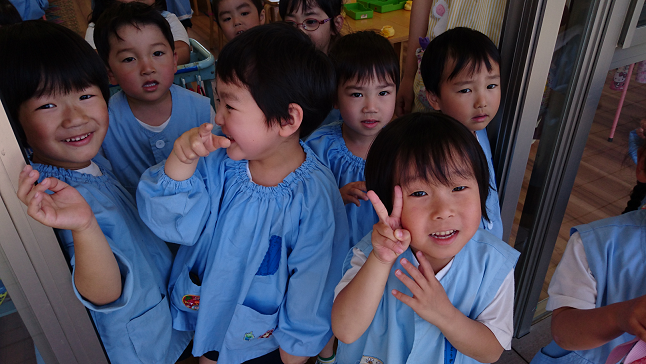Mother tongue has an important impact on our identity. It helps us develop ourselves and influences our understanding of ourselves later in life. Mother tongue is our first language and we can hear it and follow it already before we are born, when we are still in the womb. A child expresses their first emotions, words and thoughts in their mother tongue. Because of that, it's very important that we pay attention to how we use the language.
Our mother tongue has a central role in shaping our emotions and thoughts because our childhood - the most important period of our lives - will leave a mark in our mother tongue. When we use our mother tongue, there is a connection between our heart, brain and language. We manifest our true personality when we speak our mother tongue, because the way it sounds and feels gives us confidence. Mother tongue is the language we use for thinking, dreaming and to identify emotions.
Mother Tongue Is the Key to Our Culture
We communicate with our parents, family and relatives through our mother tongue. Mother tongue is also the key to our culture, identity and our beliefs. There is a strong bond between the mother tongue and the culture, and because of that children who don't know their own mother tongue have a hard time finding a connection to their culture and their roots.
Mother Tongue Helps Us Learn Other Languages
A strong and rich mother tongue is the foundation for learning other languages easily. Mother tongue is the foundation for communication and thinking and because of that it helps us see different nuances in other languages. A strong mother tongue helps children to develop good literacy skills in other languages as well, because skills learned in our mother tongue transfer to other languages.
When children are given the opportunity to learn two or even three languages from an early age, they will develop a deep understanding of these languages and can use different languages in different situations in a flexible way. However, it's very important to have a strong policy regarding the mother tongue, even if children are learning other languages alongside their mother tongue. Family and parents have a big responsibility when it comes to how well children will learn their mother tongue, especially when children are learning other languages as well. It's very important that the family has clear rules: mother tongue should be the language spoken at home, and everyone should use it consistently. That is the only way for multilingual children to develop a strong mother tongue and that, in turn, will help them develop their other languages as well.
Jeanette Koskinen
Early Childhood Education Expert


